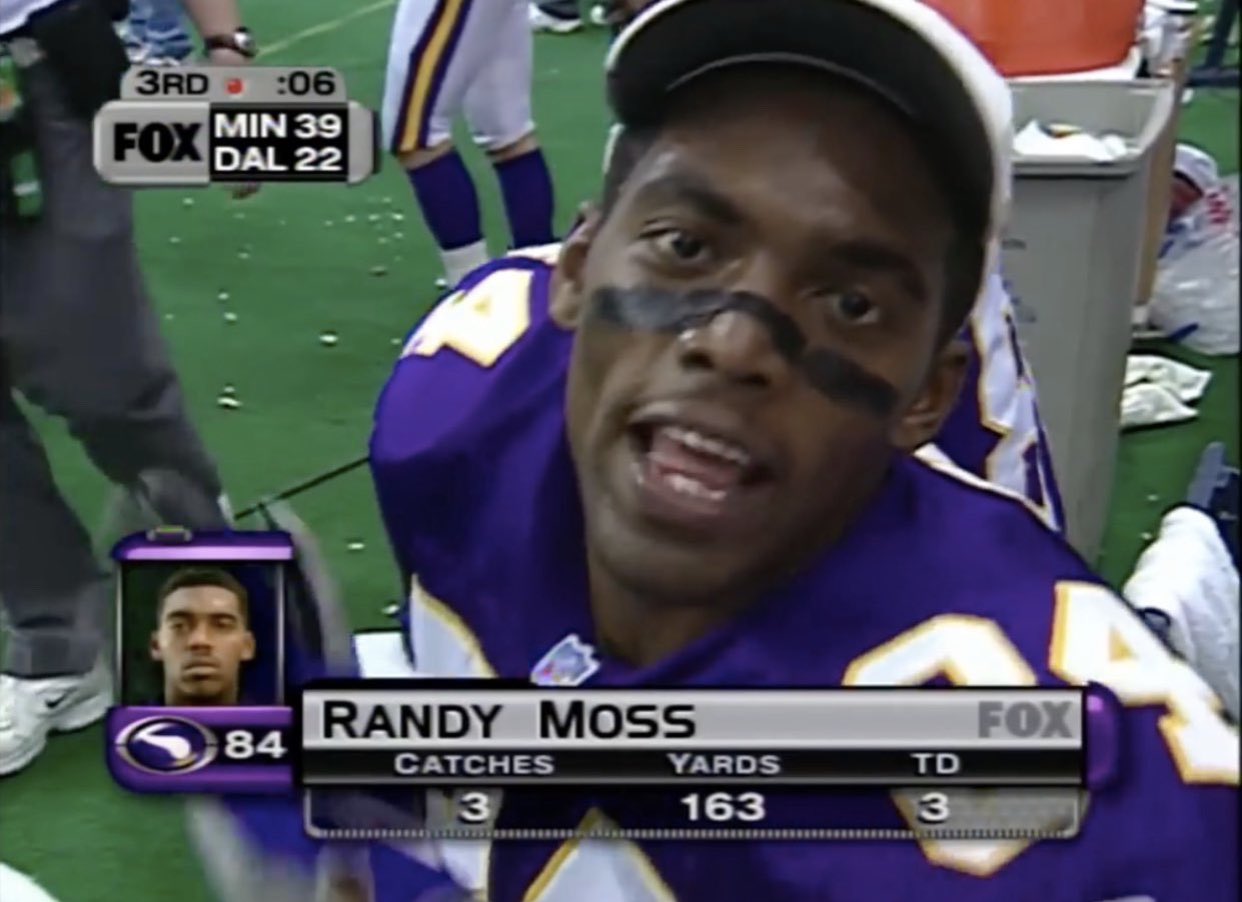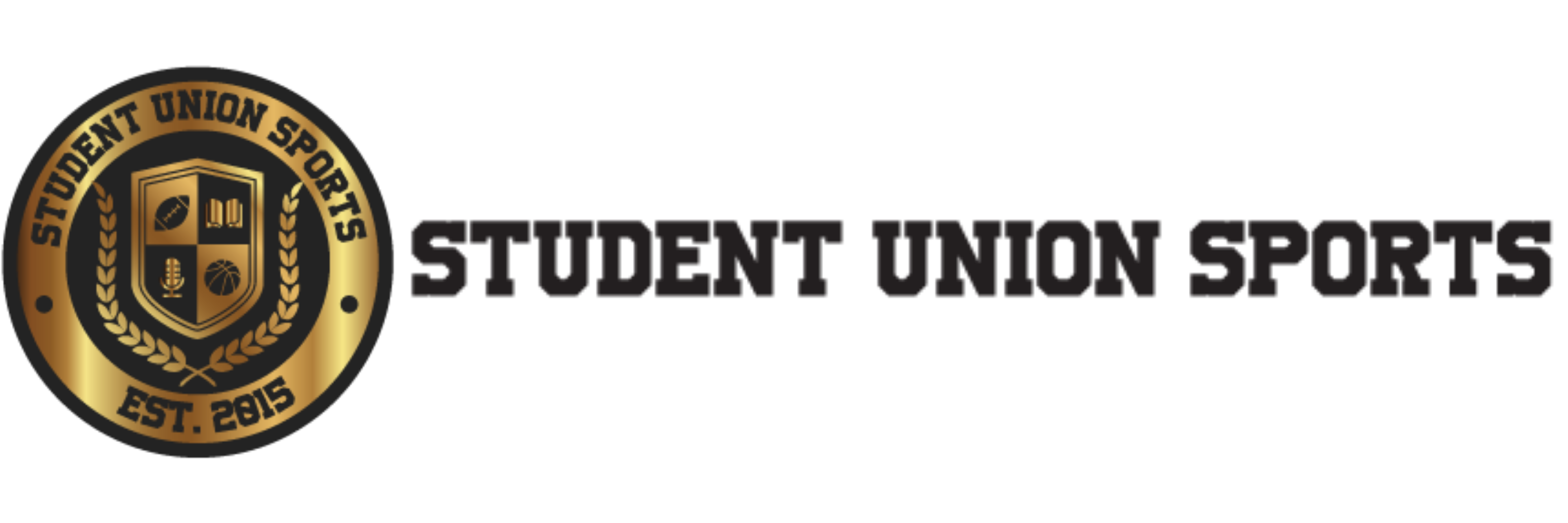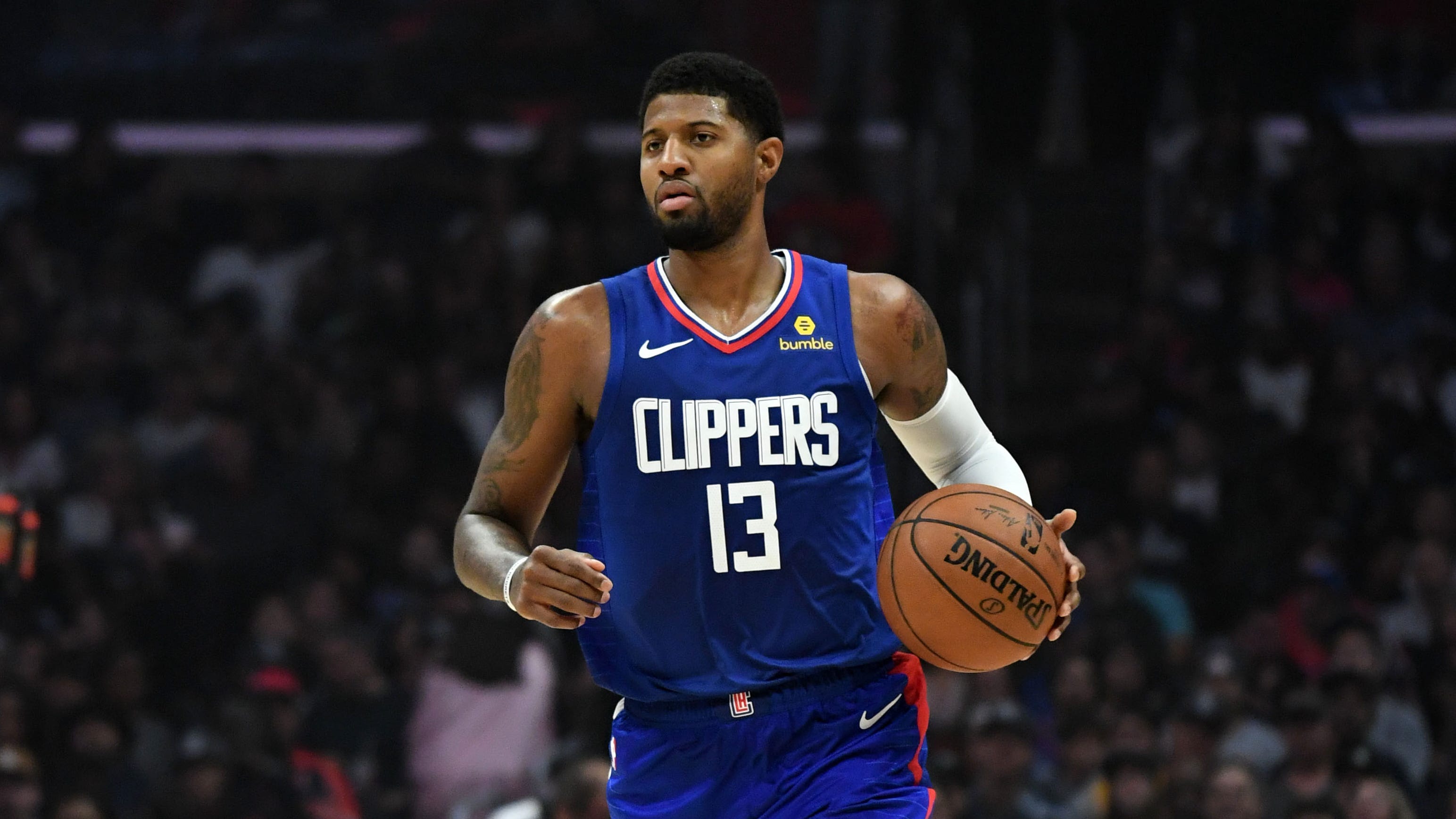Today more than ever, people are on social media. As a fan myself, it provides me with the ability to connect with anybody in the world with an @. People will often use social media as a way to get in touch with athletes, too. Since it is so easy to talk about somebody from behind a screen, users take advantage of that to attack players. Don’t get me wrong, there are definitely instances where social media has benefitted players and their overall play. However, I think that social media can be really toxic and have a negative impact on players’ performance if they allow it to.
Meme Culture
When a player had a bad game years ago, it was not nearly as big of a deal as it is now. Back then, a player had to go into a slump in order for fans and analysts to rag on them. Maybe with the exception of the Finals where everybody is watching each game so closely, but you get the point. Nowadays, most players cannot get away with having a bad half let alone a bad game. Evidence shows that “Tweeting” has added an unpredictable and occasionally controversial dimension to the types of public expression, promotion, and representation associated with media sport.” (Hutchins 245).
“Pandemic P”
To continue with this ‘controversial dimension’ that Hutchins speaks of, we as fans only have to look back to the NBA Playoffs. As you all know, the Los Angeles Clippers were bounced from the playoffs by the Denver Nuggets after blowing a 3-1 series lead. One of the main reasons for this in the eyes of social media was the poor play of Paul George. George, who was 1st Team All-NBA just two seasons ago now appears to be terrible to the sports world. Granted, PG could have played a lot better as his numbers were way below his season averages. With that being said, maybe ragging on him is not the way to go as his play only got worse as the comments poured in all over social media.

After the playoffs, George also admitted to suffering from depression and anxiety in the NBA Bubble atmosphere. When a game was finished, it was back to the hotel rooms they went. There was no option for Paul George to escape what everybody was saying on the internet simply because there was nothing else to do. Being the butt of every joke across the sports world will likely not lead to solid play. Hence the name “Pandemic P” rather than “Playoff P”.
Living Up to The Hype
As players also come out of college or their respective leagues, there is normally a great deal of hype surrounding some rookies. Because they looked so great at the college level, fans expect them to contribute right away. In some cases, like LeBron James or Randy Moss, rookies have been able to play up to expectation. However, some players need time to develop which some fans are blind to that fact. Other studies show that, “media use could have a negative impact on student-athletes. Media coverage could provide unrealistic expectations about athletic performances by highlighting the stars in sports. Athletes may feel pressured into performing at a level similar to star athletes covered in the media”(Frisby and Wanta 17).

Reflecting on Danny Dimes
To expand on this quote, let’s think about the New York Giants. Daniel Jones is in his second year as starting QB and some fans already want him out. While he has turned the ball over a lot, he is showing vast signs of improvement. To add, Giants fans forget that it also took Eli Manning a few years to really get going. It is a process, fans across all sports must realize that. These players don’t “suck”, they are professionals for a reason and some just may need more time than others to get adjusted.
Takeaways
My main takeaway from this is that the best thing a pro athlete can do is limit their social media use as much as possible. I say this because once they look at one mention, it will be very easy to take it to heart or become stressed from this. This stress can thus turn into a lackluster performance or a series of such. If you can handle the media hype, then the more power to you as a player. On the contrary, these players should not be scrutinized for being shy. Media affects all of us in many different ways and forcing somebody onto media could drive them away from the sport they love.
References
“Benefits of Music on Health and Athletic Performance.” Journal of Communications Research, vol. 5, no. 4, 2013, pp. 491–507. EBSCO, web-b-ebscohost-com.spectacled.ursinus.edu/ehost/pdfviewer/pdfviewer?vid=7&sid=da5ec16a-5bfd-489d-bb7f-b76f5de70191%40pdc-v-sessmgr02.
coy wire. “The Impact of Social Media on Pro Athletes.” YouTube, uploaded by coy wire, 24 Apr. 2019, www.youtube.com/watch?v=a4ncd1-EsFY.
ESPN. “Vince Carter Addresses the Negative Effects of Social Media on Athletes | OTL.” YouTube, uploaded by ESPN, 17 Jan. 2020, www.youtube.com/watch?v=1cX5_2YadU4.
Frisby, Cynthia M., and Wayne Wanta. “Media Hype and Its Influence on Athletic Performance.” Advances in Journalism and Communication, vol. 06, no. 01, 2018, pp. 1–18. Crossref, doi:10.4236/ajc.2018.61001.
Hutchins, Brett. “THE ACCELERATION OF MEDIA SPORT CULTURE.” Information, Communication & Society, vol. 14, no. 2, 2011, pp. 237–57. Crossref, doi:10.1080/1369118x.2010.508534.
Karageorghis, Costas, and David Lee-Priest. “Music in Sport and Exercise : An Update on Research and Application.” The Sport Journal, 20 Oct. 2008, thesportjournal.org/article/music-sport-and-exercise-update-research-and-application.
Morgan, William J. “Social Criticism as Moral Criticism.” Journal of Sport and Social Issues, vol. 26, no. 3, 2002, pp. 281–99. Crossref, doi:10.1177/0193723502263005.Ott, Kyle, and Marieke Van Puymbroeck. “Does the Media Impact Athletic Performance?” The Sport Journal, 18 Apr. 2017, thesportjournal.org/article/does-the-media-impact-athletic-performance.




